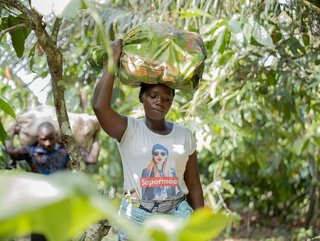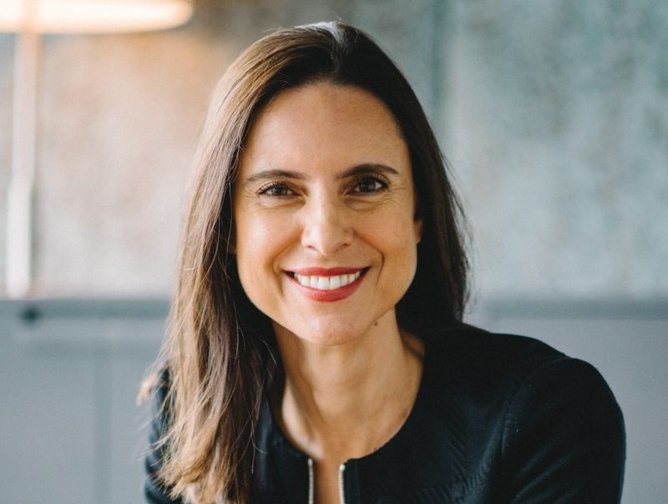Nestle: The Benefits of Sourcing Segregation

Nestle is achieving greater supply chain transparency by remodelling their sourcing to segregate key key ingredients in procurement. The strategy is allowing raw materials like cocoa to be traced from their origin producer to the factory. This allows the company better visibility in their sourcing process both internally, and on a wider scale for the industry and lets consumers know the source of their ingredients.
The company is rolling out an income accelerator strategy for producers to help close the living income gap between cocoa-farming families. By 2030, the programme is aiming to reach widely across the supply chain with an estimated 160 000 cocoa-farming families part of the plan.
Nestle cocoa procurement segregation
Nestlé is working alongside partners and suppliers to segregate their output, to transform its global cocoa sourcing and achieve full traceability and physical segregation of the cocoa sourced from the income accelerator producers. This gives procurement and supply chain teams the ability to track the entire journey of cocoa beans all the way to manufacture, while keeping them physically separated from other cocoa sources.
The segregation structure has allowed Nestle to produce a product using only producers involved in the programme. The Kitkat is branded for consumers to highlight it is made with cocoa mass from beans grown by farmer families engaged in the company's income accelerator.
Highest standards of traceability at Nestle
The cocoa used adheres to the highest standards of traceability through Nestle’s procurement and supply chain process, as it can be traced and stored separately.
"KitKat has consistently embraced innovation, centred around its iconic 'Have a break, Have a KitKat'. Today, this innovation is brought to life through the Breaks for Good initiative that puts cocoa farmers at the centre of our product through our income accelerator program," commented Corinne Gabler, Head of Confectionery and Ice Cream at Nestlé. "We couldn't think of a better brand than KitKat to represent our efforts to create meaningful impact in cocoa communities."
The bar is now widely available around Europe, and a pilot project to produce a 70% dark chocolate bar with the same segregated supply chain methodology is also being launched as a pilot project.
"Cargill is committed to supporting Nestlé's longer term goals and their progress on delivering the Income Accelerator Program," commented Michiel van der Bom, Product Line Director Cocoa & Chocolate Europe West Africa, Cargill. "As a partner on Nestlé's sustainability journey, we are implementing solutions to source sustainable ingredients for Nestlé in ways that help restore the environment, support families, and increase incomes. Through our partnership, we are building a stronger, more resilient supply chain together."
"We're delighted to collaborate with Nestlé on their journey towards more sustainable cocoa sourcing," said Thierry Touchais, Manager, Strategic Accounts at the Rainforest Alliance. "It's encouraging to find a company of this scale using a 'mixed identity preserved' model in which cocoa can be traced back to Rainforest Alliance certified farmers engaged in Nestlé's income accelerator. The approach showcases the potential for positive change in the industry."

The bar is now widely available around Europe, and a pilot project to produce a 70% dark chocolate bar with the same segregated supply chain methodology is also being launched as a pilot project.
"Cargill is committed to supporting Nestlé's longer term goals and their progress on delivering the Income Accelerator Program," said Michiel van der Bom, Product Line Director Cocoa & Chocolate Europe West Africa, Cargill. "As a partner on Nestlé's sustainability journey, we are implementing solutions to source sustainable ingredients for Nestlé in ways that help restore the environment, support families, and increase incomes. Through our partnership, we are building a stronger, more resilient supply chain together."
"We're delighted to collaborate with Nestlé on their journey towards more sustainable cocoa sourcing," said Thierry Touchais, Manager, Strategic Accounts at the Rainforest Alliance. "It's encouraging to find a company of this scale using a 'mixed identity preserved' model in which cocoa can be traced back to Rainforest Alliance certified farmers engaged in Nestlé's income accelerator. The approach showcases the potential for positive change in the industry."

Find out more about 'climate smart sourcing' at Nestle.
Make sure you check out the latest edition of Procurement Magazine and also sign up to our global conference series - Procurement & Supply Chain LIVE 2024
**************
Procurement Magazine is a BizClik brand






